Deuteronomy 4:1, 5-9
Matthew 5:17-19
Reflection:
In this wonderful reading from Deuteronomy we find Moses handing something down to the people that will make all the difference in the world. In fact, the wisdom he is imparting will last for untold generations and will guide the people well beyond the Promised Land. He promises them that if they obey all that he is handing on to them that they will not only prosper but that the nations surrounding them will give testimony to their wisdom and intelligence. Moses warns all of these men and women never to forget what they have seen, not to let the message “slip from your memory as long as you live.” In fact, they must pass these statutes and decrees of the Lord on to their children and even to their children’s children.
Wisdom, the very decrees and statutes of the Lord, will last forever and nothing can overcome it. Sometimes in our own lives we experience these Moses moments I believe. There are times when we learn something and we just know that it is going to be something that must be passed on and should never be forgotten. One such moment in my own life happened many years ago and I learned this piece of wisdom from a wonderful Passionist priest by the name of Fr. Joel Gromowski. He was the Director of Retreats at Mater Dolorosa when I was newly-ordained and sent to that wonderful retreat center to begin preaching retreats on the weekends. I had been at Mater Dolorosa for just about a year when Fr. Joel and I were sharing a meal together. During that meal he told me something I would never, ever forget. He said, “Pat, one day you will probably be a retreat director yourself. If you want to be a really good retreat director there is only one thing you must do: make sure that the retreatants know that you love them.” That was it! That was all he said and I will never forget those words. A bit of wisdom handed on that has made – in my own life – all the difference in the world. For me, Fr. Joel was a bit like Moses sharing something that he knew to be true, as if it were God’s own truth, and, like Moses and the people, Fr. Joel handed that wisdom on to me, something to be remembered forever.
Fr. Pat Brennan, C.P. is the director of Saint Paul of the Cross Passionist Retreat and Conference Center, Detroit, Michigan.

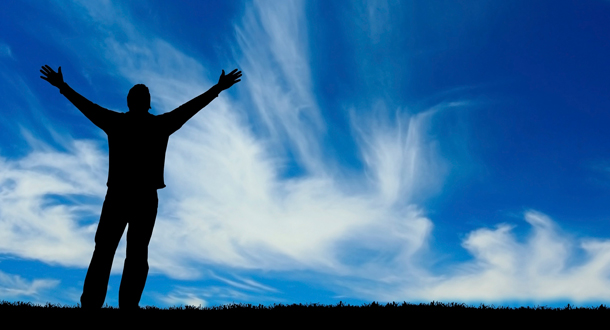
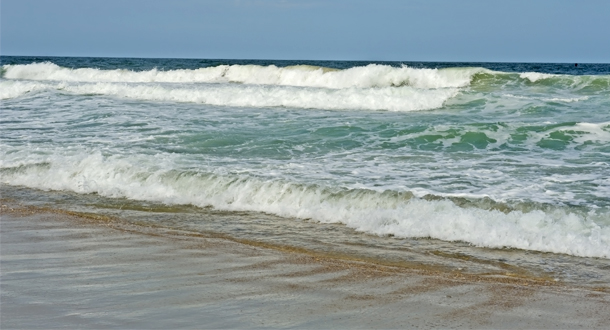
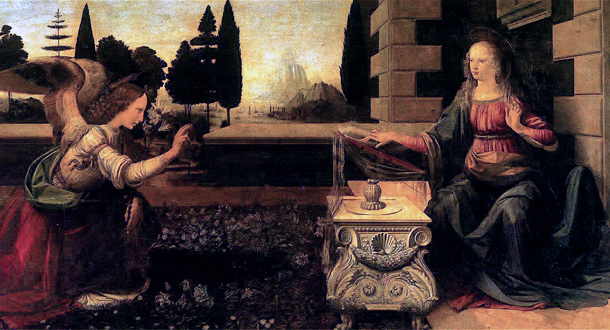
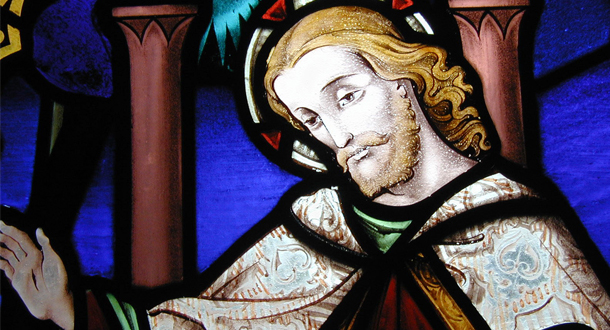
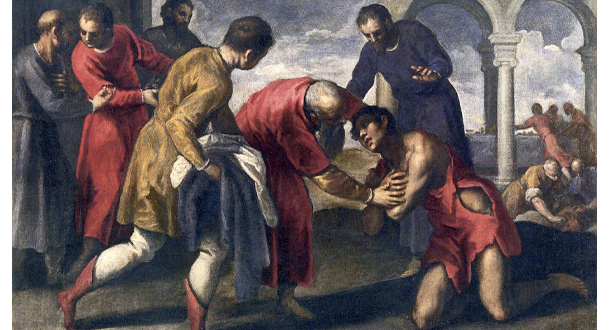
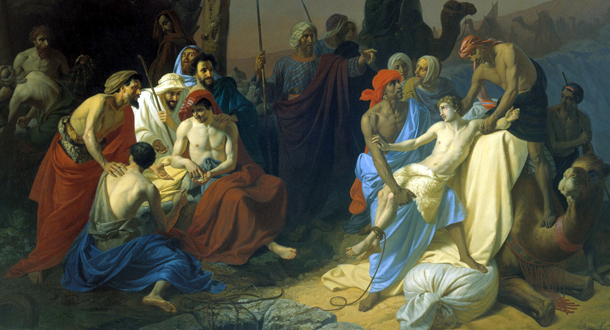

 Scripture:
Scripture: